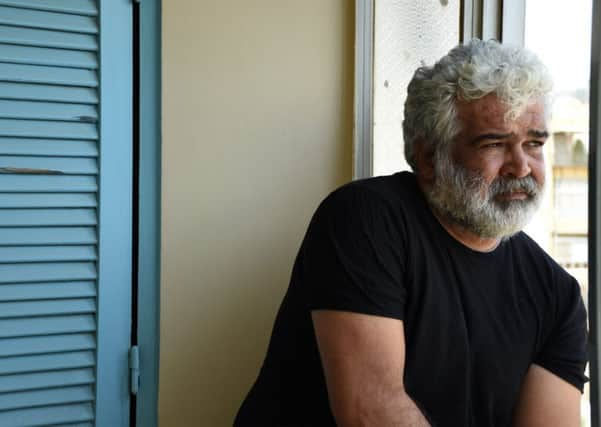Book review: Death Is Hard Work, by Khaled Khalifa


All of which makes his fifth novel, Death Is Hard Work, a hugely brave undertaking, presenting as it does an unflinching portrait of daily life in his native land – a place where, after years of fighting, otherwise unimaginable horrors have come to seem mundane.
Khalifa shows us his shattered country through the eyes of siblings Bolbol, Hussein and Fatima. Shortly before dying in a Damascus hospital bed, their father, Abdel Latif, tells Bolbol, his youngest son, that he wants to be buried in his ancestral village of Anabiya near Aleppo. In peacetime, the 370km journey would have been easy to accomplish in a day; but with the civil war raging and checkpoints manned by fighters from both sides dotted along the road, transporting a dead body across the country soon seems an impossible task – particularly as Hussein and Bolbol’s relationship appears to be deteriorating with every passing mile.
Advertisement
Hide AdAdvertisement
Hide AdThe spirit of Kafka floats above the scenes in which the siblings are variously detained, interrogated and forced to pay bribes, but with the decomposition of Abdel Latif’s corpse described in increasingly lurid detail and the threat of extreme violence around every bend in the road, Death Is Hard Work reaches levels of darkness that even Kafka might have baulked at.
That said, for all its bleakness, the novel offers glimpses of hope – an elderly couple living alone in an abandoned village, for example, who give Bolbol, Hussein and Fatima a warm welcome; and somehow the siblings’ whole enterprise, in spite of its pointlessness, comes to feel emblematic of the way people try to carry on with reassuring the rituals of ordinary life, even in the most impossible of circumstances. - Roger Cox
Death Is Hard Work by Khaled Khalifa, translated by Leri Price, Faber & Faber, £12.99